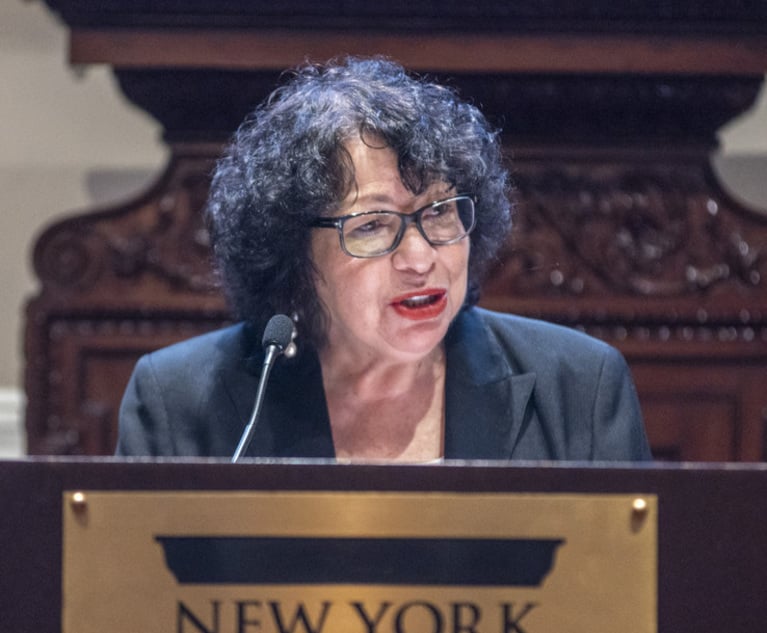Every day millions of Americans publish opinions on the Internet; if they do so unnamed or by pseudonym, they can expect to communicate anonymously. Every day prosecutors issue subpoenas to determine whether crimes have been committed; if they do so in reasonable good faith, they can expect those subpoenas will be enforced. These expectations collided last year in In re Grand Jury Subpoena (Glassdoor), No. 17-16221 (9th Cir. Nov. 8, 2017), a closely watched appeal in the Ninth Circuit from an order compelling the operators of an employee-review website to disclose identifying information of users posting anonymous comments about a company subject to grand jury investigation.
The panel upheld the district court, rejecting First Amendment challenges interposed (on users’ behalf) in a motion to quash. The opinion has drawn thoughtful commentary, regarding the tension between the public’s interest in the prompt investigation of crime and the right to anonymous expression. Although litigation over anonymous online speakers is unlikely to be settled by this controversy alone, there are reasons to expect (or hope) that prosecutors will pursue other avenues to locate persons with knowledge of corporate fraud, and that the compelled outing of commentators might remain an unusual last resort.







